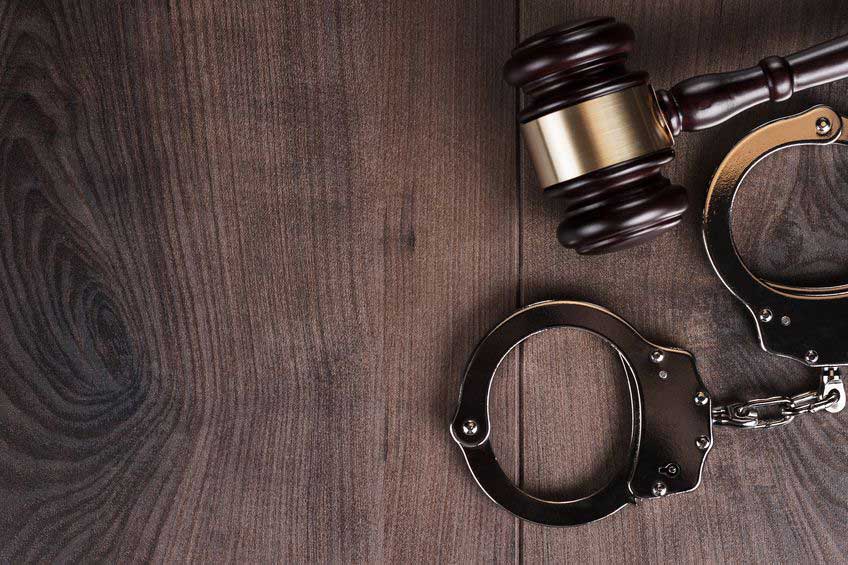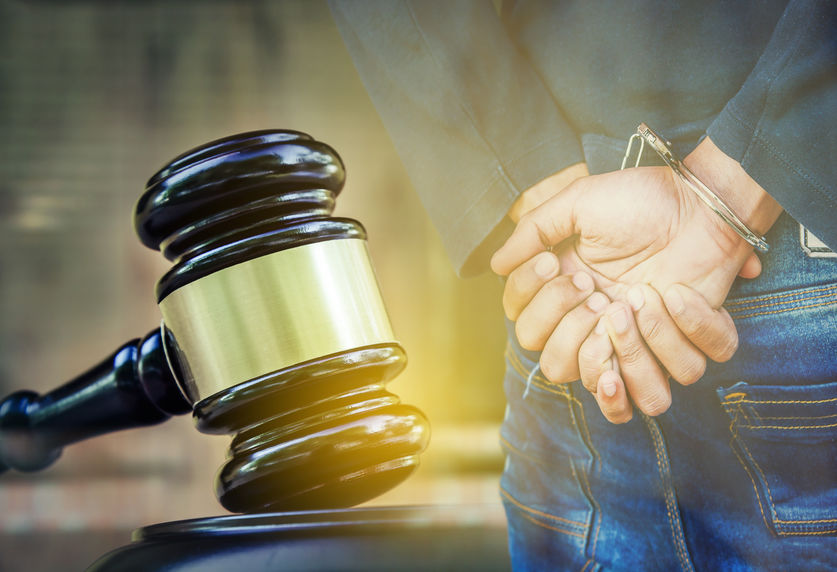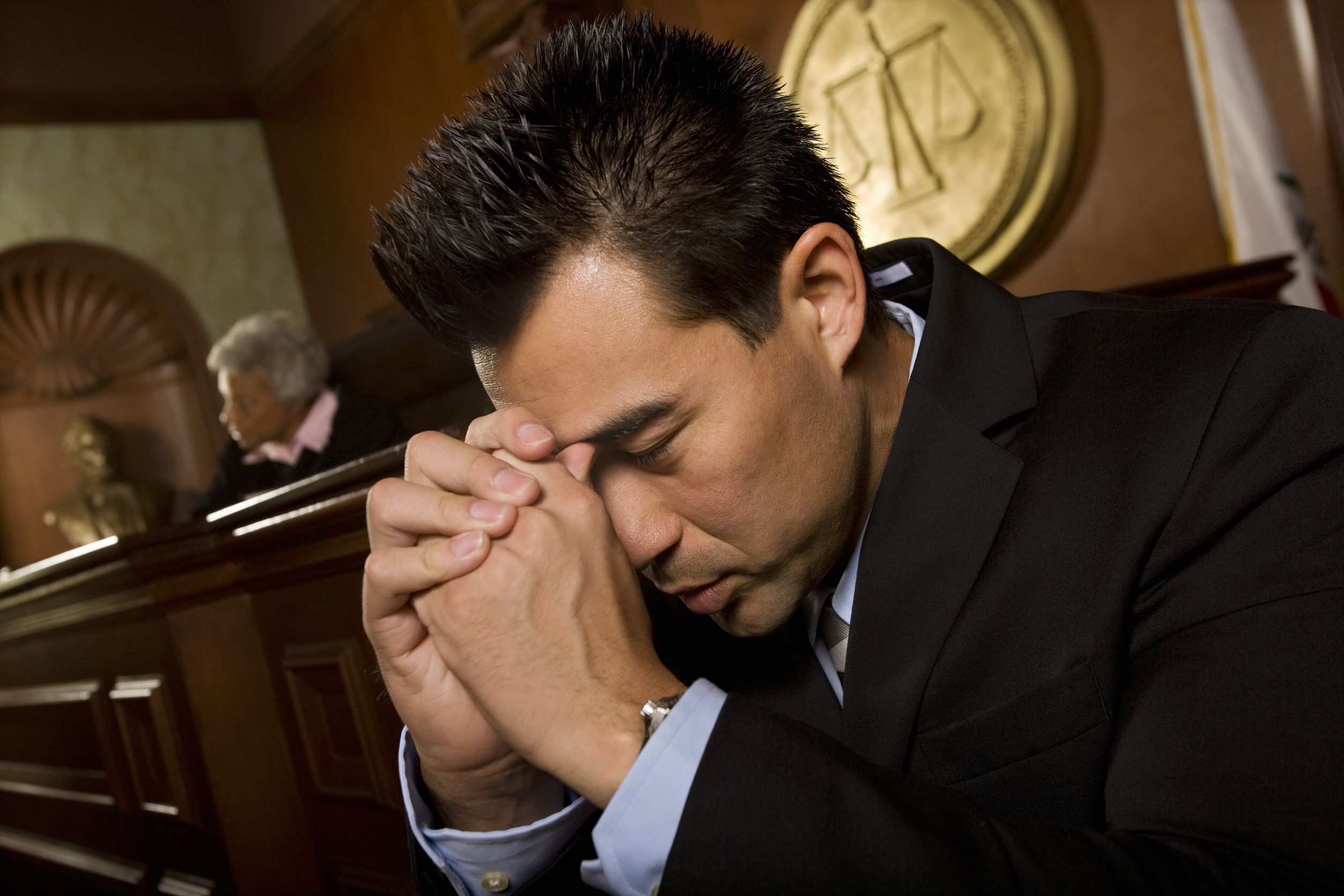What Is Alternative Sentencing in Maryland?

If you are convicted of a crime in Maryland, you may not necessarily go straight to jail. Depending on the crime you were found guilty of and your criminal history, you may be offered an alternative sentence.
An alternative sentence is a penalty designed to do less harm than jail time but provide you with an equal opportunity to become rehabilitated. Here’s what you should know about alternative sentencing in Maryland and how to get the legal help you need after being charged and convicted of a crime.
Types of Alternative Sentences
There are many different types of alternative sentences besides jail. Some of the most common include:
- Conditional and unconditional suspended sentences. A judge can choose to suspend sentencing either with no stipulations, or they can suspend sentencing depending on whether or not the defendant fulfills conditions determined by the judge.
- Probation. Probation allows defendants to live and work in the community under certain conditions, such as regularly reporting to a probation officer, abstaining from drugs and alcohol, etc.
- Fines and restitution. Instead of jail time, you may be ordered to pay fines to the court and/or restitution to the victim.
- Deferred adjudication. Deferred adjudication is similar to a conditional suspended sentence and also has some overlapping themes from probation. If the defendant fails to meet the criteria set forth by the judge, adjudication may proceed.
- Community service. You may be ordered to complete a number of hours of community service in lieu of or in addition to other penalties imposed by the court.
In some cases, a judge may create a new alternative sentence for you based on the circumstances of the crime you were convicted of and the evidence available in your case. Judges in Maryland have the authority to issue creative sentences that they believe will be more effective at rehabilitating the defendant and reducing recidivism.
Get Help from a Skilled Salisbury, MD Criminal Defense Lawyer Today
At any point after being arrested for a crime, you have the right to retain legal counsel — even before you answer a single question asked by police or other law enforcement agency officers. By retaining an attorney as quickly as possible, you can increase the chances that you will be issued an alternative sentence instead of jail or prison time.
Contact Britt Criminal Defense today to get help from an experienced Maryland criminal defense attorney by calling 443-944-5705.










